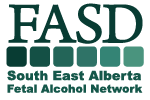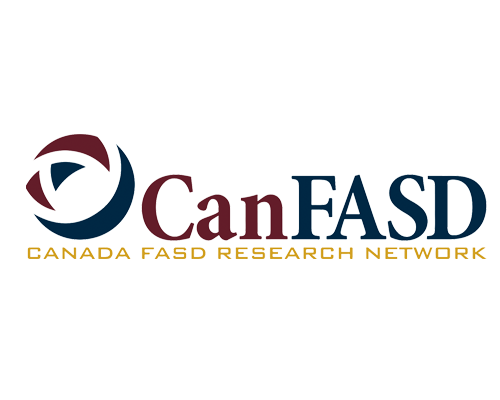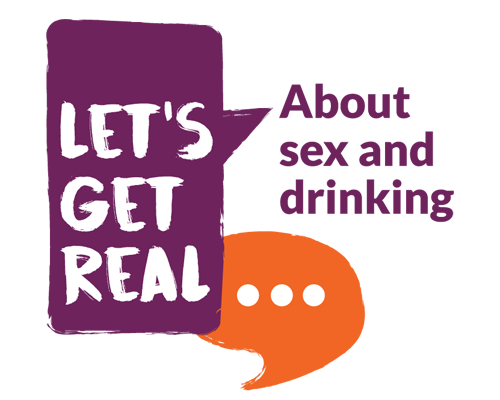
Connecting & collaborating with each other
Connecting & collaborating with each other
Through dynamic partnerships and collaboration of its members, the South East Alberta FASD Network (SEAFAN) Society provides a comprehensive, coordinated response to FASD to individuals and families within the region, including a full continuum of services across the lifespan which are culturally appropriate and sensitive to individual, family and community diversity.
What is FASD?
FASD is an acronym for Fetal Alcohol Spectrum Disorder. FASD is a complex, brain and body disability that can result when a fetus is exposed to alcohol prenatally.
FASD is a lifelong disability with no “cure,” but individuals with FASD can achieve success if they have access to the appropriate supports and services.

Myths vs Truths
What we know about FASD
The Truth: You often can‘t tell if someone has FASD just by looking at them.
Less than 10% of people with prenatal alcohol exposure have visible facial differences, as there is only a short period of time during the pregnancy when alcohol affects facial features. That is why FASD may be viewed as an “invisible disability.”
The Truth: There is no known safe amount of alcohol to drink during pregnancy. Experts recommend that the safest option is no alcohol at all.
ZERO alcohol is safest
But there are a number of reasons someone may drink during pregnancy, including:
- Not knowing the risks of drinking during pregnancy
- Not knowing they are pregnant
- Using alcohol to cope with trauma or violence
- Pressure from a partner
- Substance use challenges
Go alcohol-free if you are pregnant, planning a pregnancy, or having unprotected sex.
The Truth: The brain damage associated with FASD makes it difficult if not impossible for individuals to control their behaviour. It is not a choice.
People with FASD may experience many challenges. Approximately 90% of people with FASD will experience mental health challenges at some point.
The Truth: FASD is a permanent, life-long disability that often creates greater challenges in adulthood, when its behavioural consequences become less acceptable.
FASD is a WHOLE BODY DISORDER; it affects both the brain and the body.
The Truth: The only known cause of FASD is a woman’s consumption of alcohol during pregnancy. However, expectant fathers can play a key role in prevention by supporting their partners in the decision not to drink alcohol during pregnancy.










